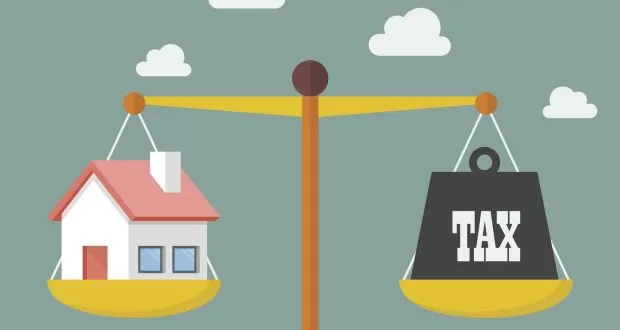For Guests – What You Need to Know About Vacation Rental Taxes

Planning a memorable vacation involves a multitude of details, from choosing the perfect destination to finding the ideal vacation rental. While you focus on creating wonderful memories, it’s essential not to overlook the less glamorous yet crucial aspect of vacation rental taxes. Understanding vacation rental taxes is paramount to avoid unexpected financial surprises and ensure a smooth, worry-free getaway. In this article, we’ll break down everything you need to know about vacation rental taxes, so you can plan your next vacation with confidence.
Types of Vacation Rental Taxes
When it comes to vacation rental taxes, it’s important to distinguish between different types of taxes that may apply to your accommodation. These typically include:
Lodging Taxes
Lodging taxes, also known as occupancy taxes or hotel taxes, are imposed by local governments on accommodations such as hotels, motels, and vacation rentals. These taxes help fund local tourism initiatives and services.
Sales Taxes
Sales taxes are applicable to the total cost of the rental, including any additional fees and charges. The rates can vary widely depending on the location and local regulations.
Value Added Taxes (VAT)
In some countries, a value-added tax may be levied on the rental amount. It’s important to research the specific regulations of your destination.
Who is Responsible for Collecting Taxes?
Property Owners/Managers
In most cases, it is the responsibility of the property owner or manager to collect and remit the applicable taxes. They may include these taxes in the total rental price or itemize them separately.
Online Travel Agencies (OTAs)
In some instances, online travel agencies might handle tax collection on behalf of property owners. However, it’s crucial for renters to verify the taxes charged to avoid any misunderstandings.
Factors Influencing Tax Amounts
Location
Different jurisdictions have varying tax rates and regulations. Taxes can differ significantly between cities, states, and countries.
Rental Duration
The length of your stay might impact the tax amount. Some areas impose lower taxes for longer rental periods.
Additional Fees
Certain fees, such as cleaning or service charges, may also be subject to taxes, further affecting the overall cost.
Tax Collection and Remittance
Timelines
Property owners are usually required to collect taxes at the time of booking and remit them to the appropriate authorities on a regular basis, often monthly or quarterly.
Compliance
Non-compliance with tax regulations can result in penalties or legal action. It’s vital for property owners to stay informed about the tax laws in their area.
Research and Budgeting
Research Early
Before booking a vacation rental, research the tax rates and regulations in your chosen destination. This will help you accurately budget for your trip.
Transparent Pricing
Choose vacation rentals that provide transparent pricing, clearly outlining all applicable taxes and fees.
Obtaining Tax Documentation
Receipts and Invoices
Upon payment, renters should request detailed receipts or invoices that clearly outline the taxes paid. This documentation can be crucial for expense tracking and potential reimbursement.
Tax Identification Numbers
Some regions may require property owners to provide renters with their tax identification numbers. Be sure to inquire about this information when booking.
While vacation planning is undoubtedly exciting, understanding vacation rental taxes is a critical step in ensuring a stress-free and financially responsible getaway. By familiarizing yourself with the types of taxes, responsible parties, factors influencing tax amounts, and proper documentation, you’ll be well-prepared to navigate the world of vacation rental taxes. By incorporating tax considerations into your vacation planning process, you can focus on making cherished memories while avoiding unwelcome financial surprises.
Want to learn more about the taxes associated with your vacation? Give us a call